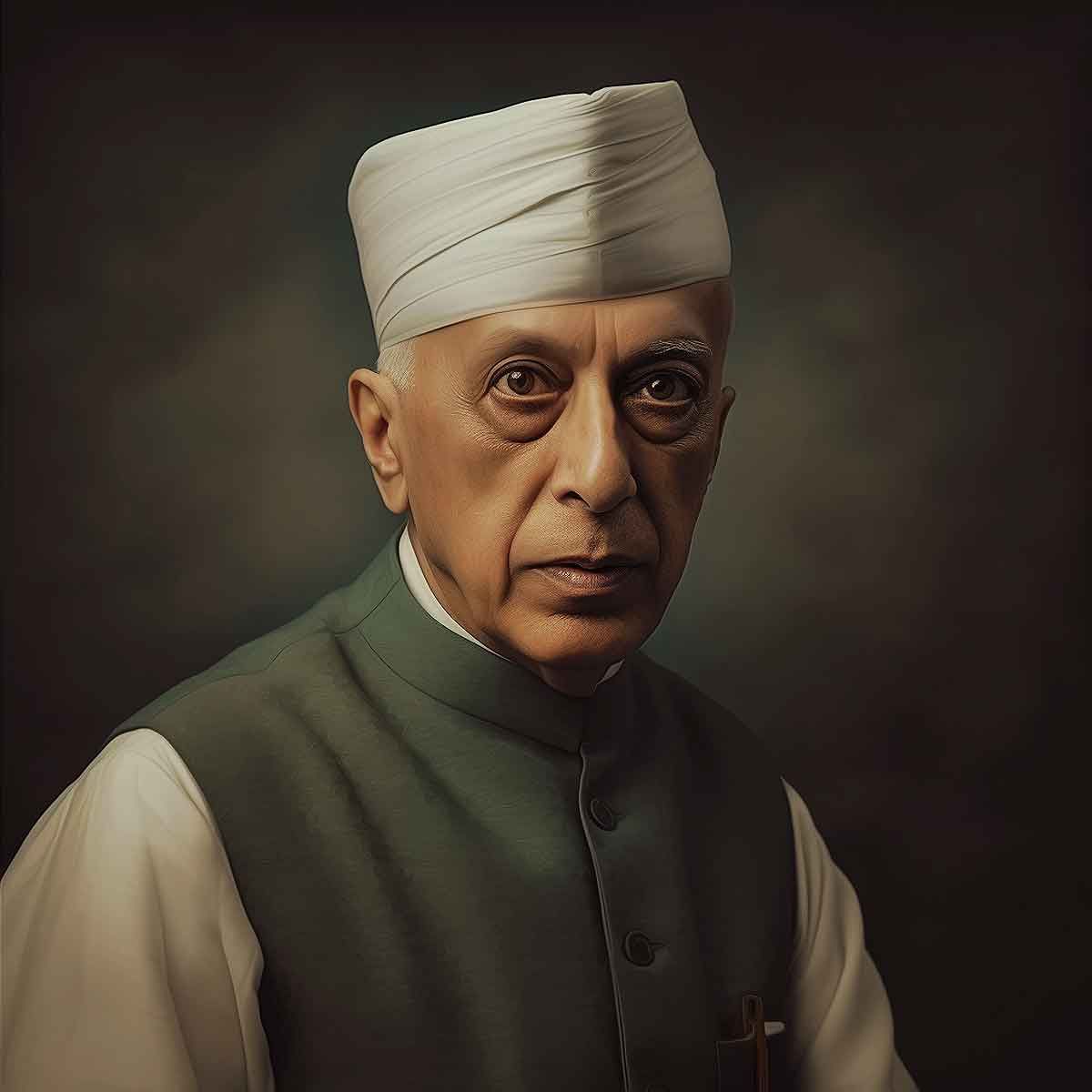MORE COVERAGE
Sarla Thakral, India's first woman pilot at just 21, defines Nari Shakti, rising in a saree amidst a male-dominated era, she transitioned as a visionary artist and designer, her legacy remains an emblem of resilience and women empowerment in India
| Satyaagrah | Diary
Defeat was a word Sarla Thakral never acknowledged. When the winds of life shifted unfavorably, she harnessed her inherent strength to soar higher, choosing different skies
"History's unsung heroes sing the loudest": Lost in history's pages, Battle of Haifa reveals India's unsung heroes from the Jodhpur Lancers, on Sept 23, 1918, their courage freed Haifa from Ottoman chains, deepening an enduring bond between India & Israel
| Satyaagrah | Diary
Over 100 years ago, the Indian brigade ended the Turks’ hold over Israeli city of Haifa, in what is described as 'the last successful cavalry charge in history'
From the battlegrounds of WWII to becoming an INA soldier and then to the Indian cinema, Nazir Hussain's journey is a testimony to talent and tenacity, a mainstay in Hindi films and the pioneering force behind Bhojpuri cinema, his legacy remains unmatched
| Satyaagrah | Diary
Post his stint with the INA, Nazir Hussain, like many of his comrades, faced challenges in civilian life
"15 remarkable women who shaped India's Constitution": Traverse India's history with the pioneers who sculpted the constitution, forging a foundation of equality, unity, and immense pride, their tales are modern India's touchstones of courage
| Satyaagrah | Diary
Their diverse histories were not just mere stories, but powerful narratives that mirrored the rich and varied tapestry of women's leadership and activities in the era before independence
"Article 1: India, That Is Bharat": And Seth Govind Das argued that the Constitution is incomplete and needs many amendments, "If a meeting is held in our country, shall we address the gathering ‘Ay Indians’?, we should give her the ancient name ‘Bharat’"
| Satyaagrah | Diary
Each proposal, each counter-proposal, was an assertion of identity, a testament to the painstaking efforts to capture the soul of the nation in words
"In loyalty's absence, betrayal finds its stage": Indians sacrificed their life earnings to Netaji for a dream called freedom, Nehru, however, fancied a different richness: gifting it to Pakistan, Legacy decisions, they call it was one more great betrayal
| Satyaagrah | Jawaharlal Nehru
The treasure, symbolizing India's hope and sacrifice, seemed ensnared in a web of international politics and bureaucracy
"Words are the mask, actions the revealing face": For Kasturba, Gandhi prescribed faith over penicillin, Yet, when it came to Manu or self, modern surgeries weren't off the table. Ah, the enigmatic dance of traditional vs. modern in Gandhi's world!
| Satyaagrah | Mahatma Gandhi
Gandhi's desire for Kasturba to be nourished only with water and honey is detailed, along with the intense debates between Devadas and his father
"PM Modi mentions the 1966 bombing of Mizoram": When Indira Gandhi had ordered the IAF to carry out an aerial attack in Aizawl and its aftereffects that still reverberate in India's history, capturing Mizoram's tumultuous journey through adversity
| Satyaagrah | Diary
By 1966, the MNF's forces had mushroomed to an impressive eight battalions, bolstered immensely by support from the Pakistani military
"Betrayal is the birthplace of resentment": Diving into murky depths of Nehru & Elwin's policies in Northeast India unveils a legacy of disruption, a region converted, culture exploited & nation betrayed - glaring testament to their ill-conceived actions
| Satyaagrah | Jawaharlal Nehru
Another devastating decision was Nehru's policy of dividing Assam into smaller states based on ethnicity, a move that had negative consequences
"History develops, art stands still": Indo-Portuguese currency "Uma Rupia," featured the iconic Jagannath temple of Puri in Orissa, an important Hindu pilgrimage site dedicated to Lord Jagannath, a form of Vishnu - part of the divine trinity in Hinduism
| Satyaagrah | Diary
The commencement of the Portuguese India banknote issue can be traced back to 1882, signifying a remarkable milestone in the history of Indo-Portuguese commerce














